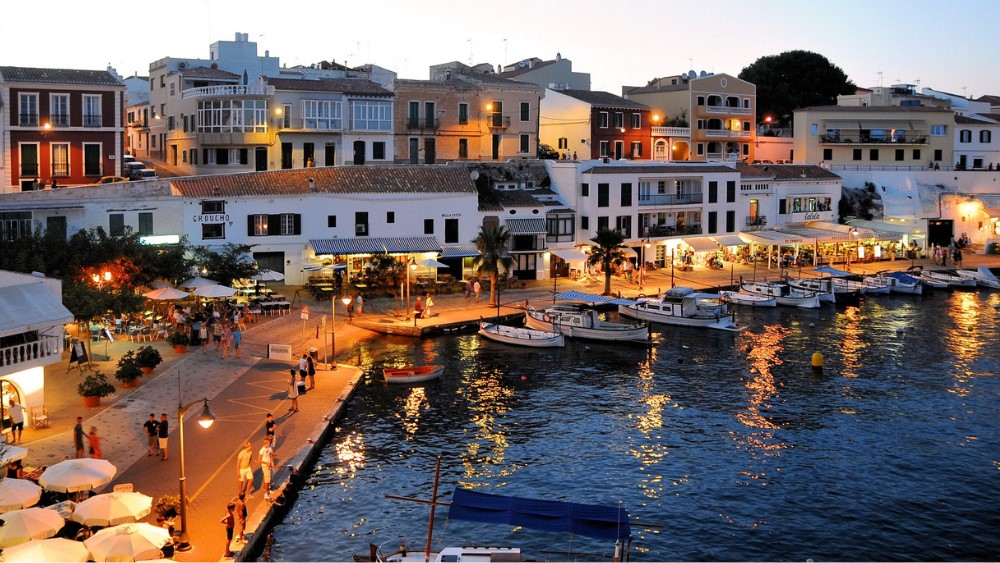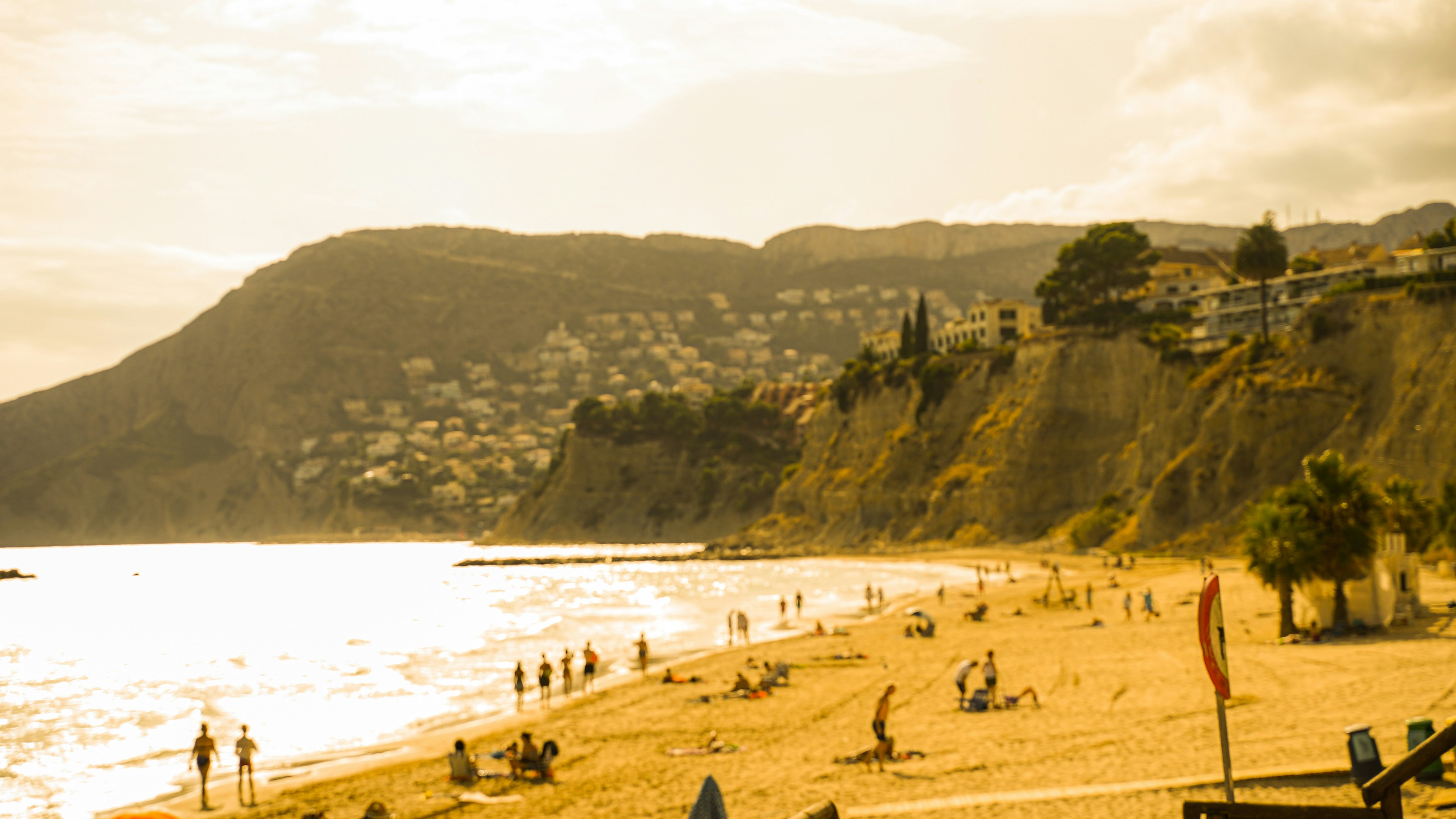
If you’re considering purchasing property in Spain, there are a few steps you need to follow. This includes having an understanding of the following:
There are a wide range of regions in Spain – all of which have unique property markets. Major cities like Madrid or Barcelona are far different from Costa del Sol or the Balearic Islands, for instance, which makes choosing the right area crucial.
Some regions are pricier than others and attract a more international crowd – such as Ibiza – but there are plenty of more affordable options available if you want a quieter lifestyle.
Tip: Do some research into each region of Spain and learn about factors such as:
It’s highly recommended you visit your preferred area so you can get a feel for the lifestyle and neighbourhood before making a major commitment.
Knowing all the quirks and nuances of Spain’s property market will save you time and money in the long run. For instance, Spain has both freehold (full ownership) and leasehold (limited ownership over a set time) properties. The majority of non-residents opt for the latter but expect to find both types when searching.
You might be used to houses or flats coming (part-) furnished if you’re from the UK, but most Spanish properties come unfurnished. This means you need to buy appliances and such yourself, which needs to be accommodated in your budget.
Legal issues like property liens or incomplete building permits are also a possibility, so a thorough background check on the property’s legal status is recommended.
The property price is the main cost, but there are a range of other fees you need to look out for:
Tip: Set aside about 12-15% of the property value for these fees so you don’t have any surprises down the line.
Non-residents need an NIE (Número de Identificación de Extranjero) for legal transactions in Spain, like buying a property. Apply for one of these at either a Spanish consulate in your home country or at an immigration office in Spain.
You’ll need this number for tax purposes as well as the following:
This process takes weeks if you’re applying from abroad, so try to get it done as soon as possible.
It’s recommended that you finance your Spanish property purchase through a mortgage from a Spanish bank. Cash or foreign loans are always an option, but a mortgage through a Spanish bank is the go-to for most people. It covers around 60-70% of the property’s value, too.
Be ready to provide the following documentation:
Spanish mortgage rates are competitive, but interest rates will always vary depending on your lender. Do yourself a favour and shop around a bit.
You’ll need one of these to pay your mortgage, taxes, and utilities. Fortunately, it’s pretty straightforward once you’ve got your NIE and passport.
Tip: Look for Spanish banks that offer specialised services for international buyers so you can speed up the mortgage process.
Spain’s property market and legal system is hard enough to navigate for residents, let alone non-residents who don’t even speak the language. We’d recommend hiring both a real estate agent and independent lawyers (abogado) to represent your interests.
Choose one that knows the area and has experience working with international buyers like yourself. They’ll help you with the following:
Lawyers will ensure your potential property’s title is clear of liens, mortgages, or other legal claims. They also handle things like:
Tip: Don’t go to the lawyer your seller or agent suggests so you can avoid conflicts of interest. Look for an independent one who specialises in real estate law.
You’ll need to make a formal offer to the seller once you’ve found a property you like. If they accept, a reservation agreement or deposit contract is signed. This reserves the property and usually means you need to pay a deposit of 5-10% of the purchase price.
This is rarely refundable if you want to withdraw from the purchase. However, the seller has to give you double the deposit back if they back out.
Once all the checks are completed and you’ve paid the deposit, the next step is to sign the Arras contract or sales contracts (contrato de arras). This outlines all the terms of the sale. Your lawyer is going to go over all these terms with you so everything looks as it should and the property’s legal status is alright.
You’ll also need to arrange the final payment. Most people do this by transferring funds from your home bank to your Spanish bank account. Just make sure you coordinate this with your lawyer and bank so you know you’ll have the funds available on closing day.
All property purchases in Spain have to be finalised in front of a notary. They’re responsible for the following:
After confirming everything, you and the seller sign the public deed of sale (escritura de compraventa), which officially transfers ownership to you.
Once signed, the notary registers the sale with the Spanish Land Registry. Remember to pay the remaining balance (plus taxes) and any notary fees to fully complete the transaction. You might also want to purchase property insurance at this point.
Last but not least, you need to register your property with the Land Registry (Registro de la Propiedad) and set up utilities such as:
Fortunately, your lawyer can help you with the registration process, which ensures your ownership is recorded and protects you from claims by other parties. For utilities, you’ll need your:
The process of buying property in another country is hard enough without any helping hands. With Upscore’s Finance Passport, we’ll connect you with expert brokers in Spain who specialise in working with non-residents to streamline your application process. Get started today and explore your options!

If you’ve recently moved to France or are planning a move, you’ll find car ownership here definitely has a bit...
Read More

Spain actually boasts more Blue Flag beaches than any other country in the world – 642 at the last count...
Read More

Weighing up the idea of moving to the United Arab Emirates? Maybe Dubai, maybe Abu Dhabi, or one of the...
Read More